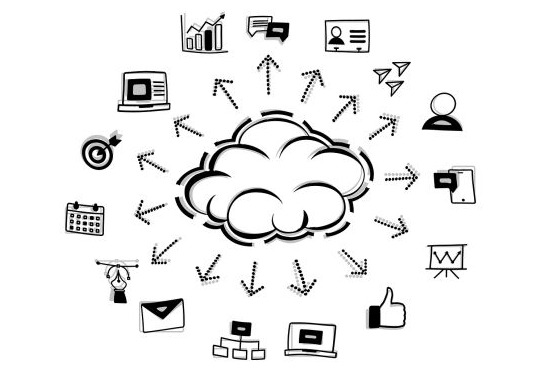Abstract: Serverless cloud computing started with the appealing vision that developers would focus only on creating an application's business logic and cloud providers would then handle everything else. Somewhere along the road, we have lost this vision, and many serverless clouds have become container orchestration systems. This burdens developers with the complexity of container deployment and, more importantly, limits the management and scheduling that cloud providers can do. In this talk, I will argue that we should rethink execution abstractions for future serverless clouds. I will describe our work on Granules, which use WebAssembly to execute multi-threaded and multi-process code in serverless clouds. Granules enable cloud providers to manage serverless applications more flexibly: by offering a new execution abstraction, Granules support efficient checkpointing and fine-grained migration between cloud hosts. This lets providers scale multi-threaded applications elastically and increase the execution locality of distributed serverless applications.
Bio: Peter Pietzuch is a Professor of Distributed Systems at Imperial College London, where he leads the Large-scale Data & Systems (LSDS) group (https://lsds.doc.ic.ac.uk). His research work focuses on the design and engineering of scalable, reliable and secure data-intensive and cloud software systems, with a particular interest in machine learning, data management and security issues. Currently, he is a Co-Director for Imperial's I-X initiative on AI, data and digital (https://ix.imperial.ac.uk) and the Program Committee Co-Chair for the ACM European Conference on Computer Systems (EuroSys 2026). Recently, he has served as the Chair of the ACM SIGOPS European Chapter, the Program Committee Co-Chair for the ACM Symposium on Cloud Computing (SoCC 2023) and the IEEE International Conference on Distributed Computing Systems (ICDCS 2018). He received the ACM SIGMOD 2023 Test-of-Time Award for his work on scalable stream processing systems. Before joining Imperial College London, he was a post-doctoral Fellow at Harvard University. He holds PhD and MA degrees from the University of Cambridge.
